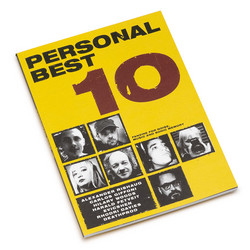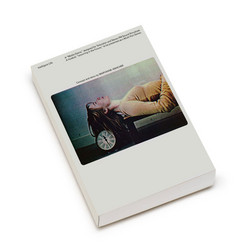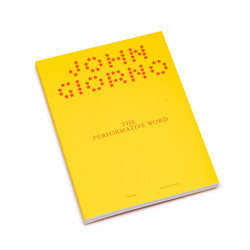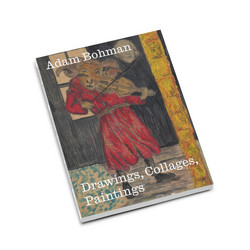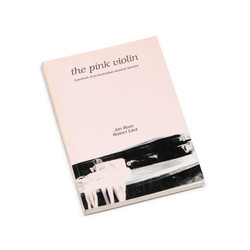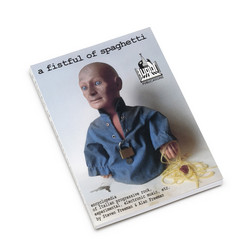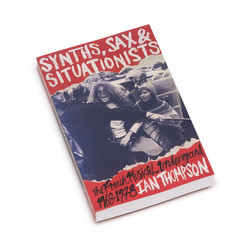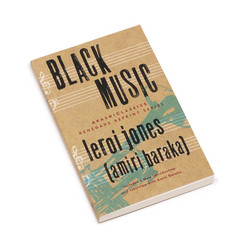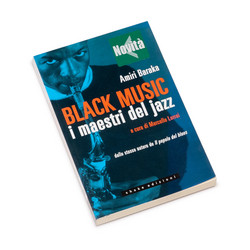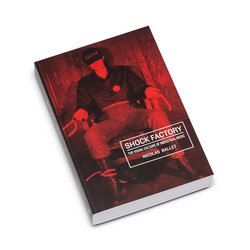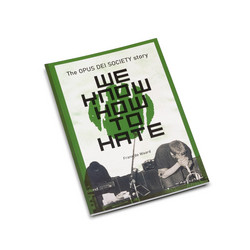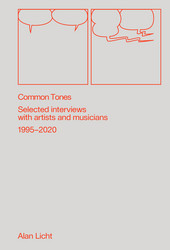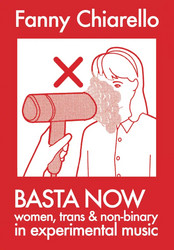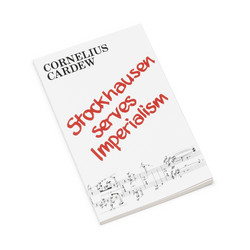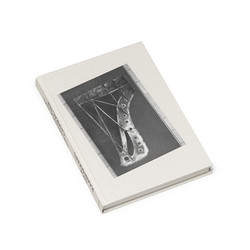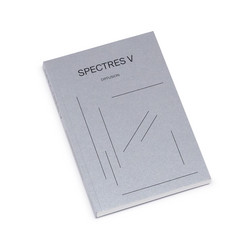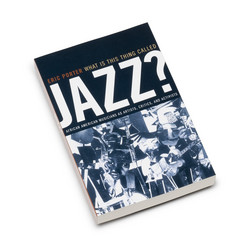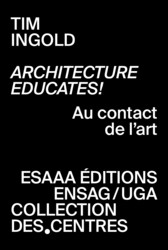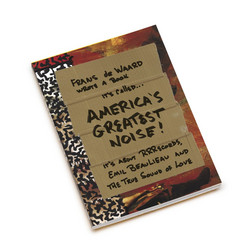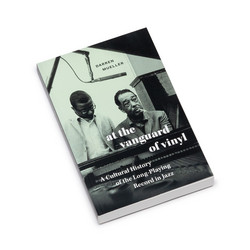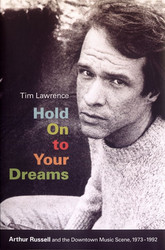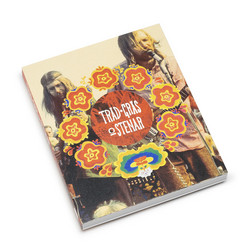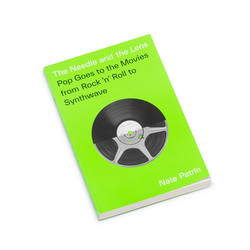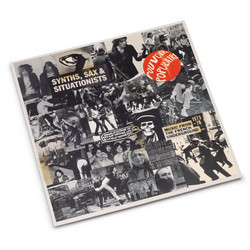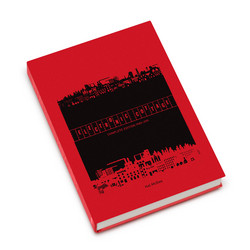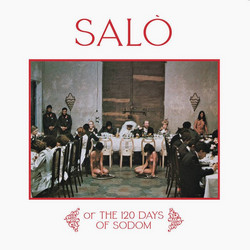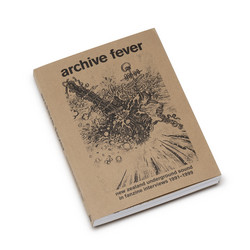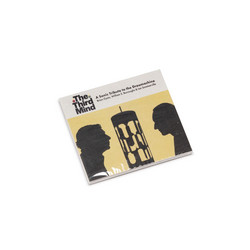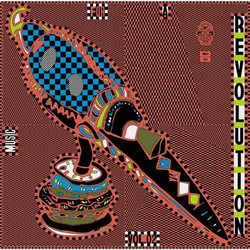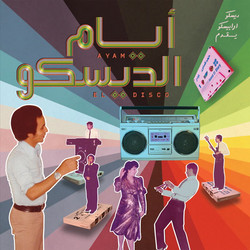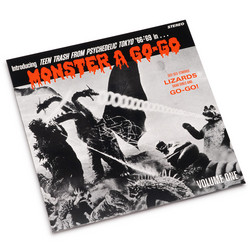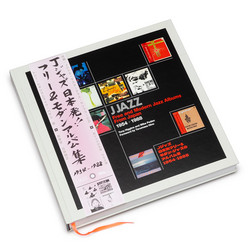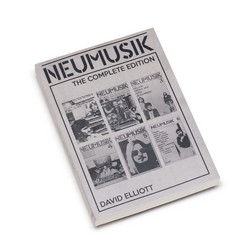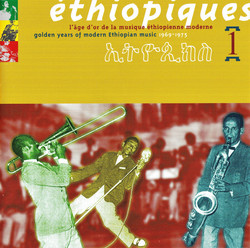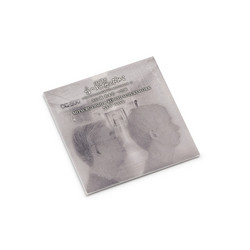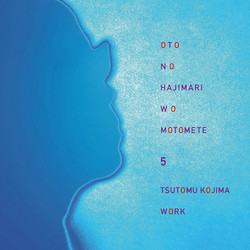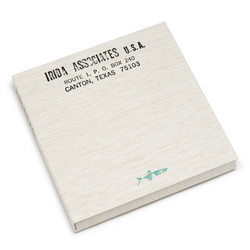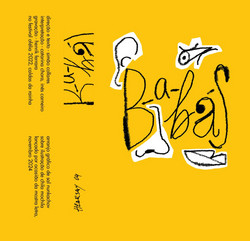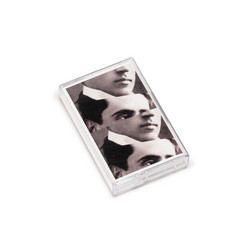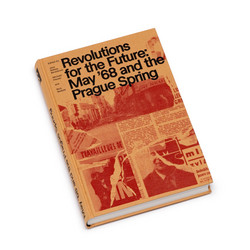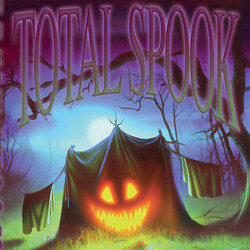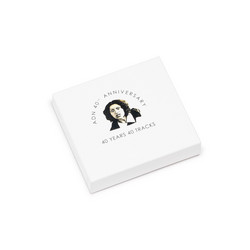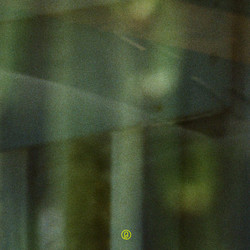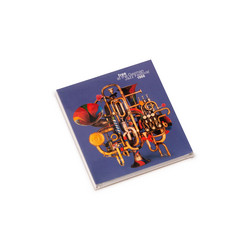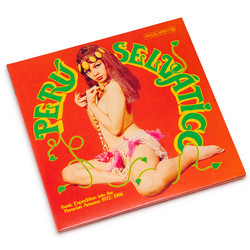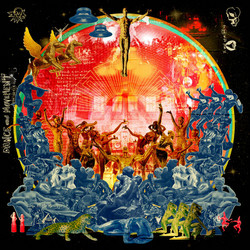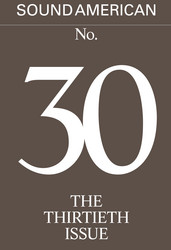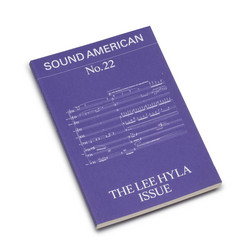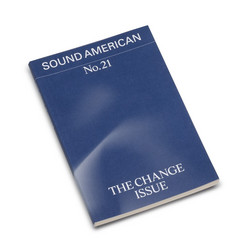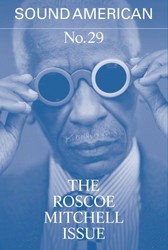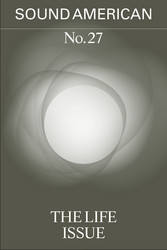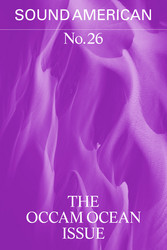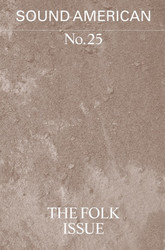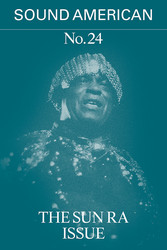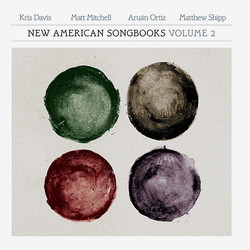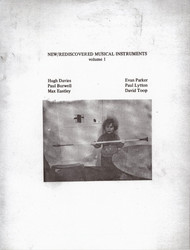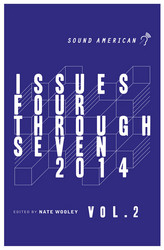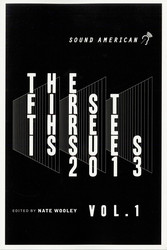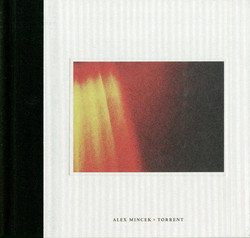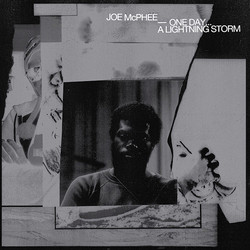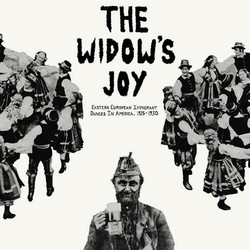*In process of stocking* The issue presents the ideas musicians and composers whose work is vital and whose voices should be more widely known outside of their native countries. The issue begins with a conversation between curator Smith and SA's Editor-in-chief, Nate Wooley. It then turns to vocalist Eva Salina Primack, who discusses motherhood, rural living, and the influence of Serbian singer Vida Pavlović. The London-based jazz phenom Shabaka Hutchings describes his journey with the shakuhachi, and Ghanaian pop-singer, Poetra Asantewa uses a damaged knee as a metaphor for collaboration as a necessary "joint." South African artist Umlilo takes a deep dive into the healing power of making their most recent record, and the Indonesian singer and composer Peni Candra Rini talks about tradition and loss with Found Sound Nation's co-artistic director, Elena Moon Park. The issue also features two legends of Latin American music: Cergio Prudencio—Bolivian founder of the Orchestra of Experimental Native Instruments (OEIN)—who looks at the "experimental" and "new" through anti-colonial lens, and Jocy de Oliveira—the legendary Brazilian composer and experimentalist—speaking with a new generation of Brazilian electronic musicians in the form of techno-wizard, Marcioz.
SA28's Sites of Formation articles feature American icons new and old. Chicago trumpeter Ben Lamar Gay offers a meditation on Louis Armstrong's "West End Blues," and West-Coast composer/bagpiper Matthew Welch gives an appreciation of Lou Harrison. Detroit-based percussionist and artist Ben Hall writes about his experiences as a student of Milford Graves and Bill Dixon and Peter Margasak reviews Yarn/Wire's revolutionary Currents series. The issue finishes with the most recent installment in a long-running conversation between Wooley and legendary composer Annea Lockwood. This issue's Exquisite Corpse is a unique and personal call-to-attention by composer Jules Gimbrone.
Many of the names in SA28: The Mapping Issue will be new to our audience, giving readers the opportunity to not only discover new music and sound, but allowing them to access ways of thinking, ways of making, and ways of being that they may not have considered before. This is an issue to open eyes, ears, and hearts.
